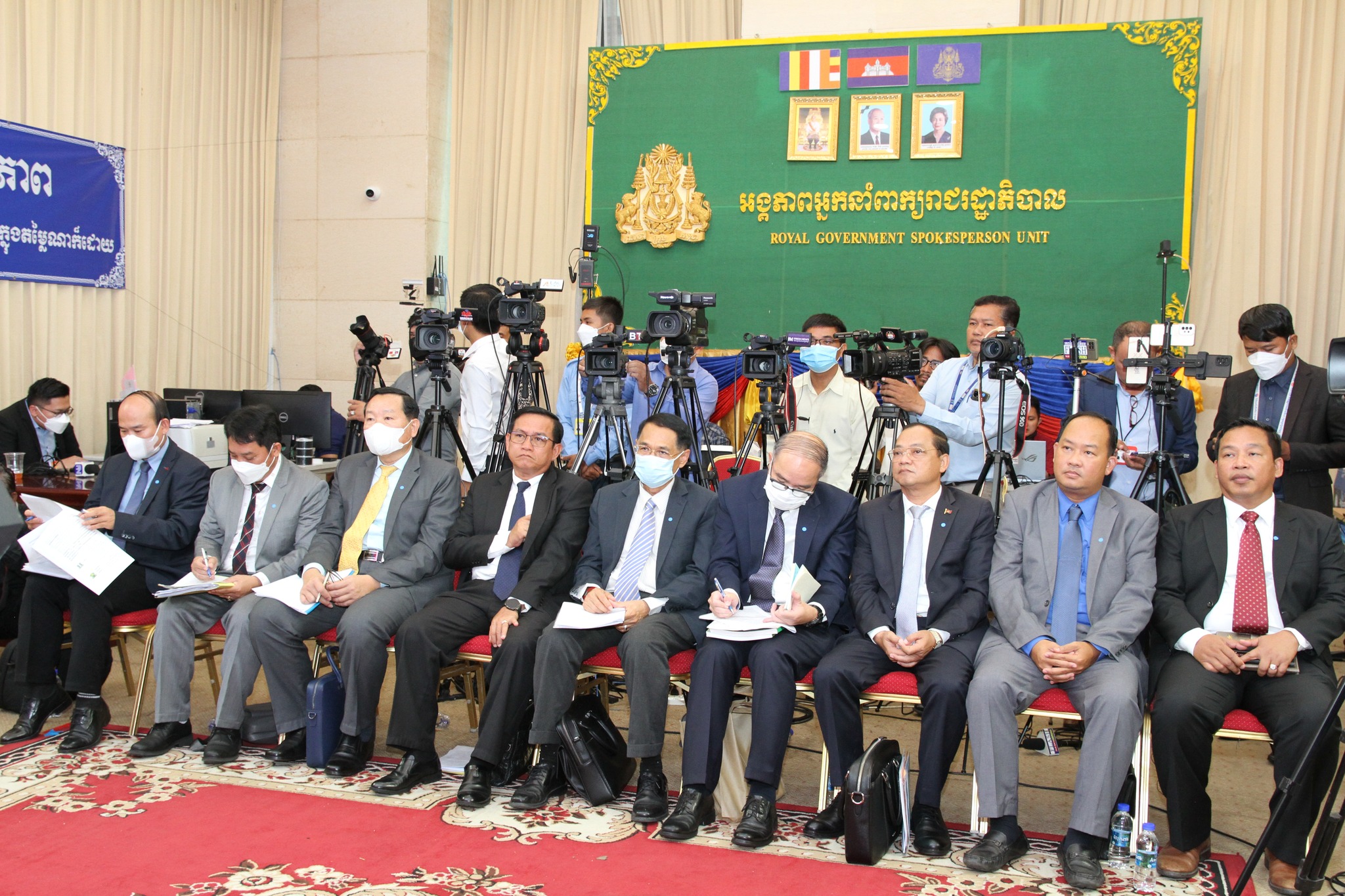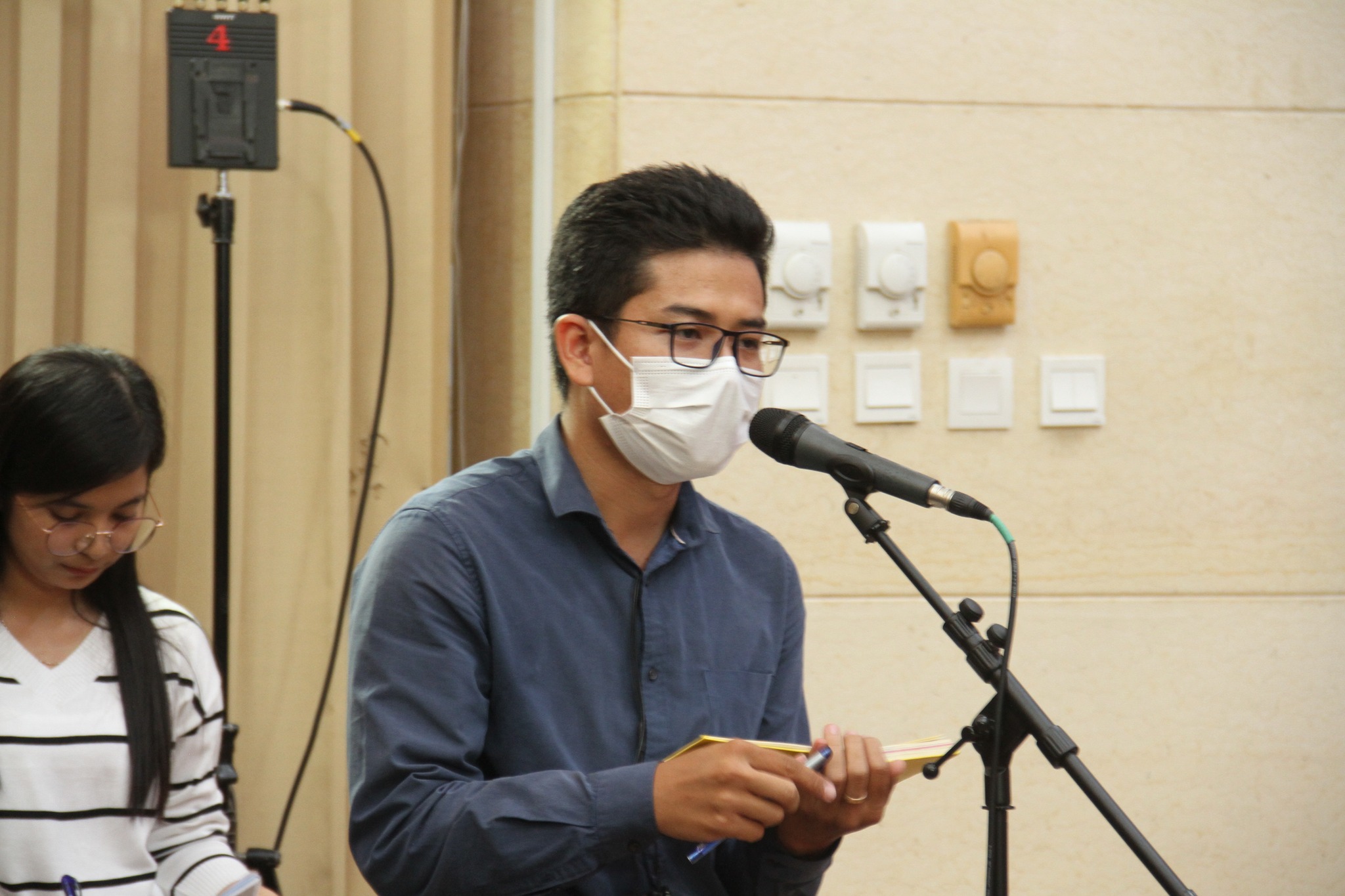Cambodia Produces More Than 4 Million Tons of Garbage a Year, Only Half of Which is Collected
PHNOM PENH: Secretary of State and Spokesperson for the Ministry of Environment, Neth Pheaktra, has declared that Cambodia produces more than four million tons of garbage per year, with a year-on-year growth rate of 10 to 12 percent year. He added that only 50% of garbage in Cambodia is collected and dumped at landfills.
Speaking at a press conference at the Council of Ministers on Tuesday morning, 30 August, Spokesperson Neth Pheaktra said that most of the waste produced in Cambodia, more than 60%, is organic waste, and more than 30% is plastic. He outlined that only 50% of garbage produced is dumped at 243 different landfills, of which 162 are state-owned. Another 50% is dumped into water sources, burned or discarded into open fields.
"Every day, the total amount of waste dumped in fields amounts to about 5,517 tons, and in a year, the total waste amounts to about 2 million tons," he added.
He said the Ministry of Environment and its partners are currently examining the possibility of setting up a clean landfill with modern technology.
The Undersecretary of State for the Ministry of Environment, Heng Nareth, estimated that in the next 10 years, the amount of garbage produced in Cambodia will increase to nine million tons per year, so the state is preparing a policy to manage waste more effectively.
He added that the Ministry now has a new combination of waste management measures including recycling strategies, energy extraction, and the treatment and storage of waste as much as possible.
"Along with the [prediction] of the increase in solid waste, we are thinking about increasing the processing and extraction of garbage in parallel, so that the last amount of solid waste to be disposed is at the very least possible," he said.
According to Undersecretary Heng Nareth, the increase in garbage produced every year is due to the yearly increase of the population size as a result of economic growth.


























